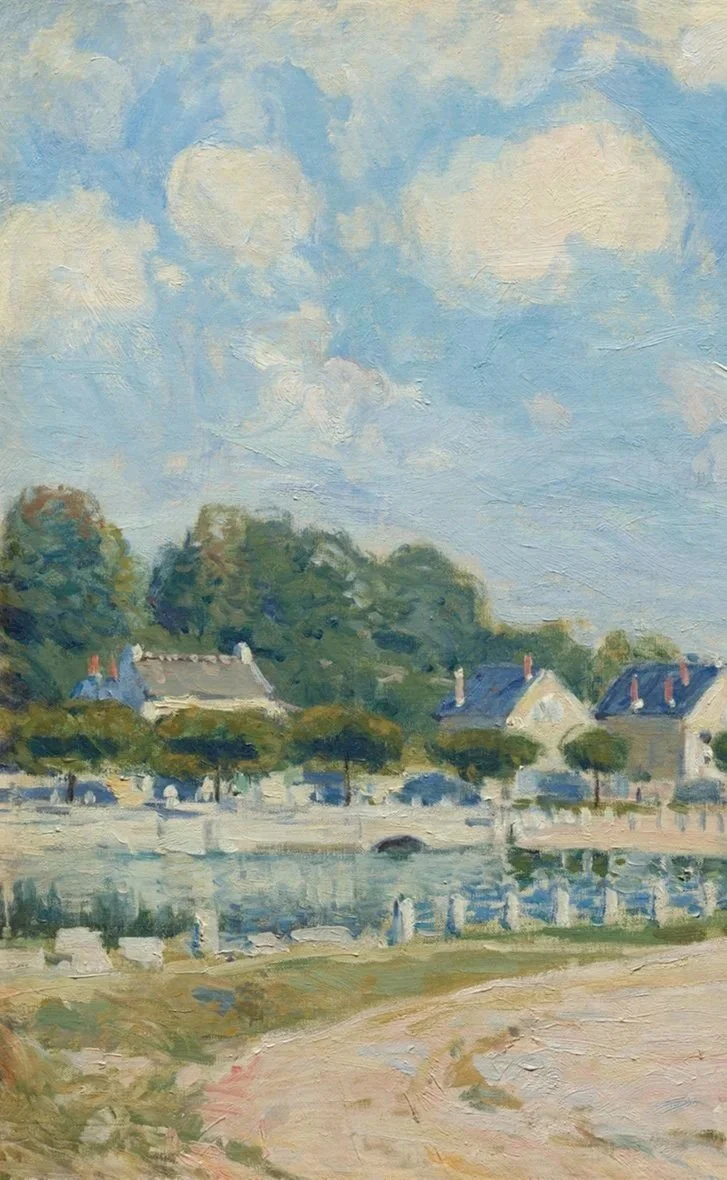About
Creative Commons (CC), the non-profit behind CC licenses and public domain tools powering open sharing on Wikipedia, Flickr, YouTube, and Medium, has been central to the open movement for nearly 25 years, bringing more than ten billion works into the commons. Today, with support from the Arcadia Fund, Creative Commons helps cultural heritage institutions make their heritage collections openly accessible.
In 2024, CC launched the Open Heritage Coalition (previously known as TAROCH - Towards a Recommendation on Open Cultural Heritage) to advance open access to heritage worldwide, building on foundations first laid in 2021. After publishing An Agenda for Copyright Reform (2022) and a Call to Action to Policymakers, CC convened the open culture community for a Roundtable in Lisbon (2023) to assess global challenges and explore the need for a new UNESCO instrument for open culture. The 2024 Open Culture Strategic Workshop refined the scope to “open heritage” and built an action plan, culminating in the Coalition's launch in November 2024.
Today, the Open Heritage Coalition unites 60+ organizations across 25 countries that believe in the transformative power of open solutions and share a vision of fair and equitable access to cultural heritage.
The Coalition explores and supports the development of an international standard-setting instrument that promotes equitable access to heritage. TAROCH’s mission is to encourage UNESCO Member States to elaborate and adopt an international standard-setting instrument (a Recommendation or other non-binding instrument) that would proactively promote and encourage open solutions to removing barriers to accessing cultural heritage in the public domain, being mindful of the various governance frameworks that determine the ways in which cultural heritage is shared and used. This could be a means to deliver on UNESCO’s mandate and ambitions in relation to cultural and information policy, particularly intercultural dialogue and cultural exchanges, in order to contribute to building more connected, resilient, and sustainable societies.
TAROCH’s efforts build on international milestones and decades of efforts to facilitate access to culture: from UNESCO’s cultural conventions, including Mondiacult 2022, and UN human rights instruments like the Universal Declaration of Human Rights and the International Covenant on Economic, Social and Cultural Rights, to 21st-century open heritage digital practices.
The Open Heritage Statement celebrates open culture advocates, cultural heritage institutions, and community members worldwide who have championed openness, reflecting years of learning from local innovation to digital transformation, and demonstrating that the call for open heritage is truly global.
-
African Library and Information Associations and Institutions (AfLIA)
ArkéoTopia
Authors Alliance
AvoinGLAM
Biblioteca Nacional Aruba
Canadian Museum of History and the Canadian War Museum
Centro Latinoamericano de Investigaciones Sobre Internet
Centrum Cyfrowe
COMMUNIA Association for the Public Domain
Co-ordinating Council of Audiovisual Archives Association
CREATe Centre, University of Glasgow
Creative Commons
Creative Commons Indonesia
Creative Commons Italy
Creative Commons Rwanda
Creative Commons Taiwan
Creative Commons Turkiye
CT Humanities
Curationist Foundation
Digital Republic
E-Governance and Internet Governance Foundation for Africa (EGIGFA)
European Fashion Heritage Association
Europeana Initiative
Federation of Finnish Learned Societies
Flickr Foundation
Fortepan US
Free Knowledge Africa
Fundación Openlab Ecuador
Fundacion Enterreno
GLAM-E Lab
Global Open Initiative Foundation
Inter Alia
International Federation of Library Associations and Institutions (IFLA)
International Image Interoperability Framework Consortium
Internet Archive
Local Contexts, Inc.
Musiikkiarkisto – Music Archive Finland
National Library of Finland
Nigerian Library Association Abuja Chapter
Open Data and Intellectual Property Institute ODIPI
Open Nederland
Open Portal Archive Network (OPAN)
Processing Foundation
Qatar National Library
R3D: Red en defensa de los derechos digitales (Network in Defense of Digital Rights)
Smarthistory
University of Liverpool
Wellcome Collection
WhoseKnowledge?
Wiki World Heritage
Wikimedia Australia
Wikimedia Botswana
Wikimedia Brasil
Wikimedia CH
Wikimedia Chile
Wikimedia Colombia
Wikimedia Community Ireland
Wikimedia Deutschland e.V.
Wikimedia Europe
Wikimedia Foundation
Wikimédia France
Wikimedia Indonesia
Wikimedia Italia
Wikimedia Nigeria Foundation
Wikimedia Polska
Wikimedia Sverige
Wikimedia UK
Wikimedistas de Uruguay
XploreOpen
Youth Tech Organisation
